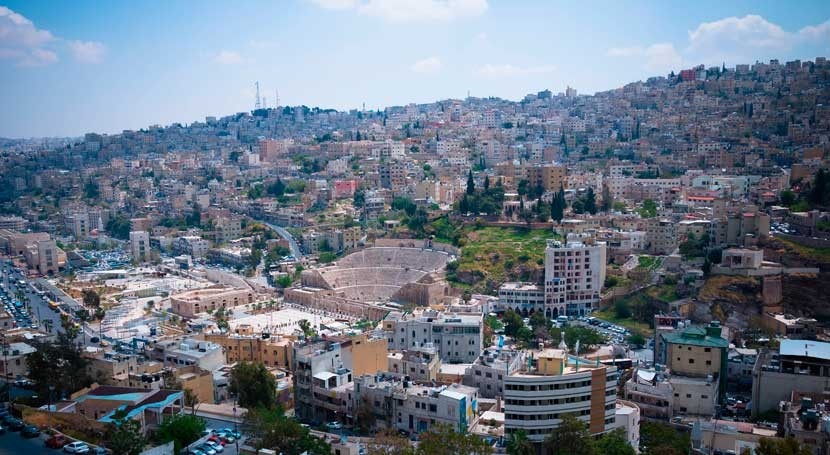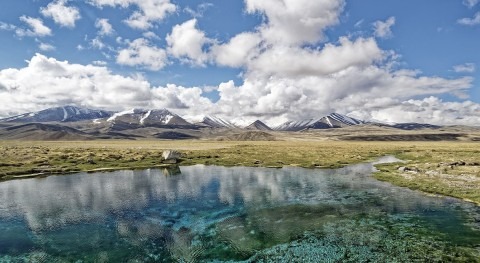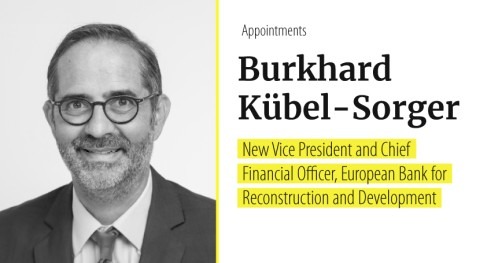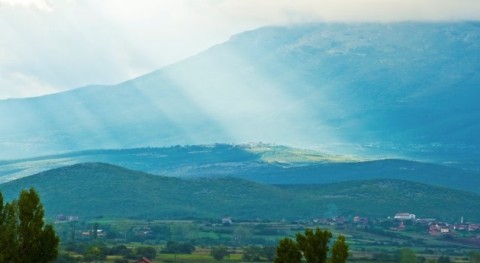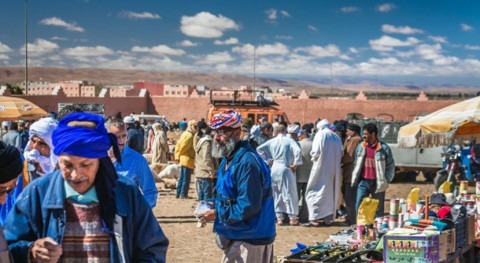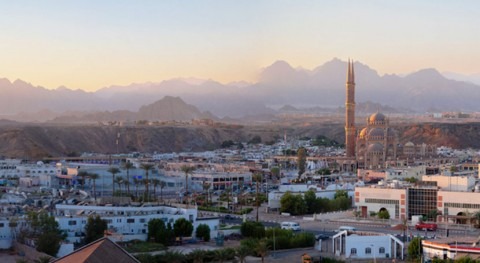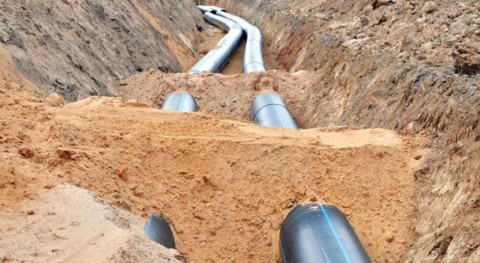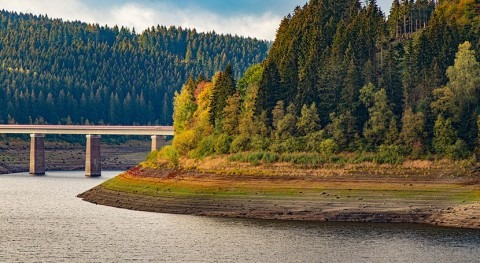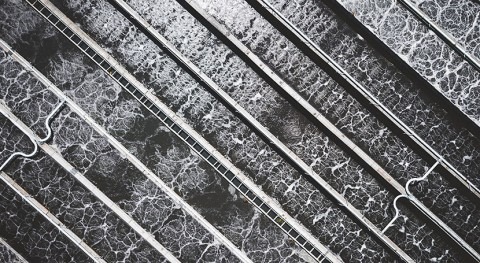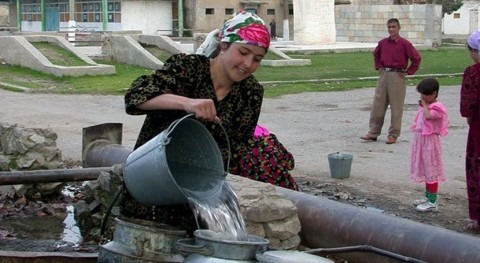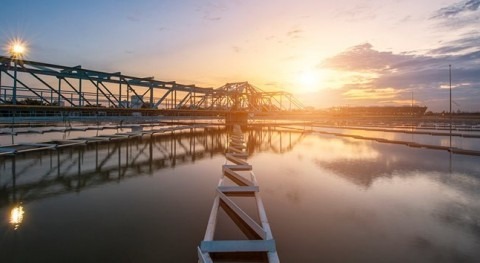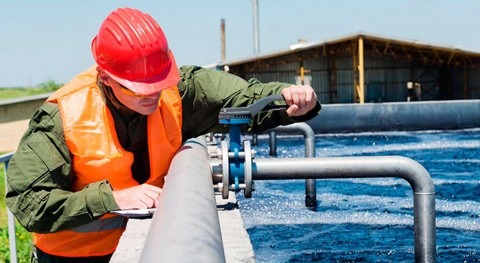The EBRD and the European Union (EU) are joining forces to support the Ministry of Water and Irrigation (MWI) to expand the As Samra wastewater treatment plant in Jordan, to protect public health and the environment and ensure the efficient use of water.
The EU is providing a €30 million grant to co-finance an EBRD investment, which is due to be signed next year.
The As Samra wastewater treatment plant serves the governorates of Amman and Zarqa, where a population of over four million people is growing rapidly. Given the forecast of ongoing high population growth, the plant will soon be operating at maximum capacity. But thanks to the project, the current wastewater treatment capacity of 365,000 m3 per day will increase by 100,000 m3 per day.
The plant treats wastewater released from the Zarqa River basin. The river drains most of its polluted water into the King Talal Dam, which provides irrigation water for the Jordan Valley, causing significant environmental and health concerns. However, the expansion of the plant will increase the quantity of treated wastewater available for reuse, particularly for irrigation.
The project will also help increase on-site energy production through the utilisation of treated sludge and biosolids as well as through electricity generation from water flows. This will have considerable environmental and economic benefits, especially in a country such as Jordan where energy resources are under pressure.
The EBRD project is designed to support the objectives of the Jordanian government and MWI to address the need for increased capacity in municipal services due to the Syrian refugee crisis as well as to expand and improve water sanitation services to increase local communities’ resilience.
Jordan became an EBRD shareholder in 2012 and to date the Bank has committed more than €1 billion across 40 projects in various sectors of the economy, in addition to US$ 120 million of trade facilitation lines to local banks.

